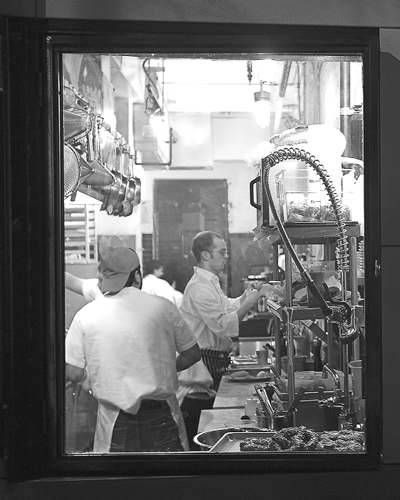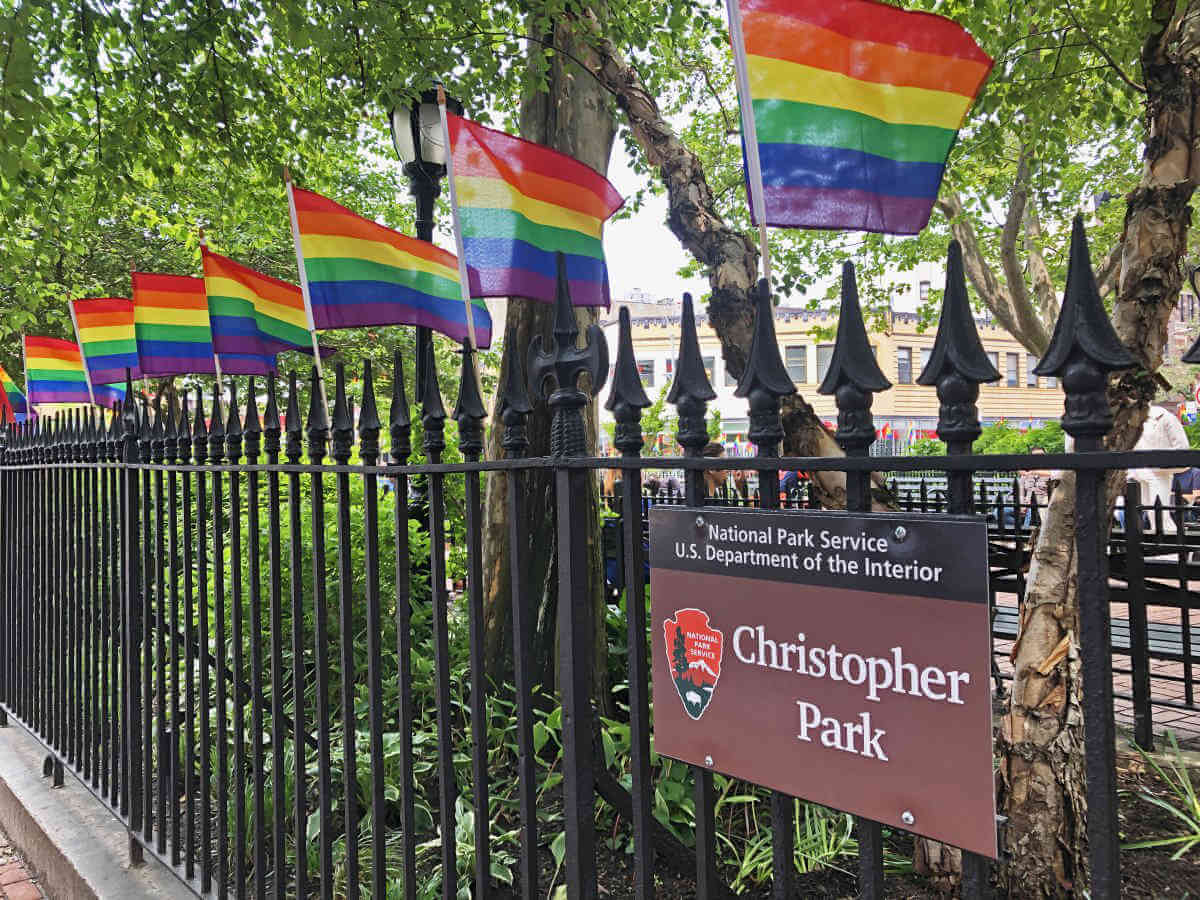By Lincoln Anderson
The State Liquor Authority has finally used the O word in relation to the booming bar scene that is choking Avenue B with late-night taxi traffic and causing other quality of life headaches for neighbors. In its decision explaining its denial last month of a liquor license for E.U., a new so-called gastropub on E. Fourth St. near Avenue B, the S.L.A. cited the problem of oversaturation of bars — and also acknowledged that the community has a “unique knowledge” about the conditions in its own neighborhood and how many bars it can accommodate.
In the “justification” at the end of its written decision on the E.U. denial at its March 1 board meeting, the S.L.A. stated: “Oversaturation of licensed liquor establishments can adversely impact on local communities. The municipality or local planning boards possess a unique knowledge and understanding of the communities and can best determine what impact another bar will have on a particular street.”
The decision noted the fact that “the…premises lies within 500 feet of three or more existing [liquor licensed] premises; and the opposition of the local community board and community residents.”
Based on these factors, the S.L.A. did not find that granting the license would be “in the public interest” — and denied the application.
Ellyce di Paola, a resident who lives near the gastropub, said when she obtained a copy of the decision it was heartening to see that the S.L.A. at last seems to be heeding residents’ complaints.
“Now there’s legal precedent,” she said. “It’s there in writing — ‘the opposition of the local community board and community residents.’”
Di Paola also noted that Ralph Mann, the S.L.A.’s assistant director of enforcement, at last week’s Community Board 3-sponsored meeting about nightlife and quality of life issues on Avenue B, said the new administration at the authority is, indeed, listening more closely to the community now.
After it was denied a full liquor license last month, E.U. was expected to apply for a beer and wine license. However, the place opened on April 7 and has been doing a brisk business with a B.Y.O.B. policy.
Residents said the location on a narrow side street, near the bustling new Avenue B bar and club scene, is simply inappropriate for a new nightspot. Even without serving alcohol, the gastropub’s presence is already being felt.
“This weekend was absolutely intolerable,” said Di Paola. “At night there were at least 100 people milling around outside. Raucous, noisy — even without the alcohol. That was sort of our point.”
“They cannot legally serve any alcohol,” said Susan Stetzer, Community Board 3 district manager. They have not applied for a beer/wine or bottle license. They cannot legally serve free drinks of any kind or let people bring in their own.”
Warren Pesetsky, E.U.’s attorney — who was formerly the S.L.A.’s counsel — said they will be applying for a beer and wine license this week. E.U. has received at least one summons from police for having alcohol on the premises.
“They are not a nightlife issue. They are a restaurant,” Pesetsky said of E.U. “They’ve been operating B.Y.O.B., which is 100 percent legal, no matter what the precinct commander or the community board think.”
The place also recently had a private party, for which an event license allowing alcohol was obtained.
Pesetsky claimed most neighbors support E.U.
“Anywhere you go, you are going to find some hypersensitive individual who will find things to complain about,” he said. “The fact is this is New York City, not Podunk. Part of what makes this New York City are restaurants, the ability to go out.”
But Bill Crowley, an S.L.A. spokesperson, said that, according to Section 64B of the State Alcohol Beverage Control Law, only places with 20 seats or less can legally operate B.Y.O.B. without a license. He said there is a license that must be obtained to allow restaurants with more than 20 seats to operate B.Y.O.B., but that it’s just as costly and time consuming to get as a beer and wine license, so most applicants apply for a beer and wine license instead. E.U. has more than 90 seats, according to Stetzer.







































